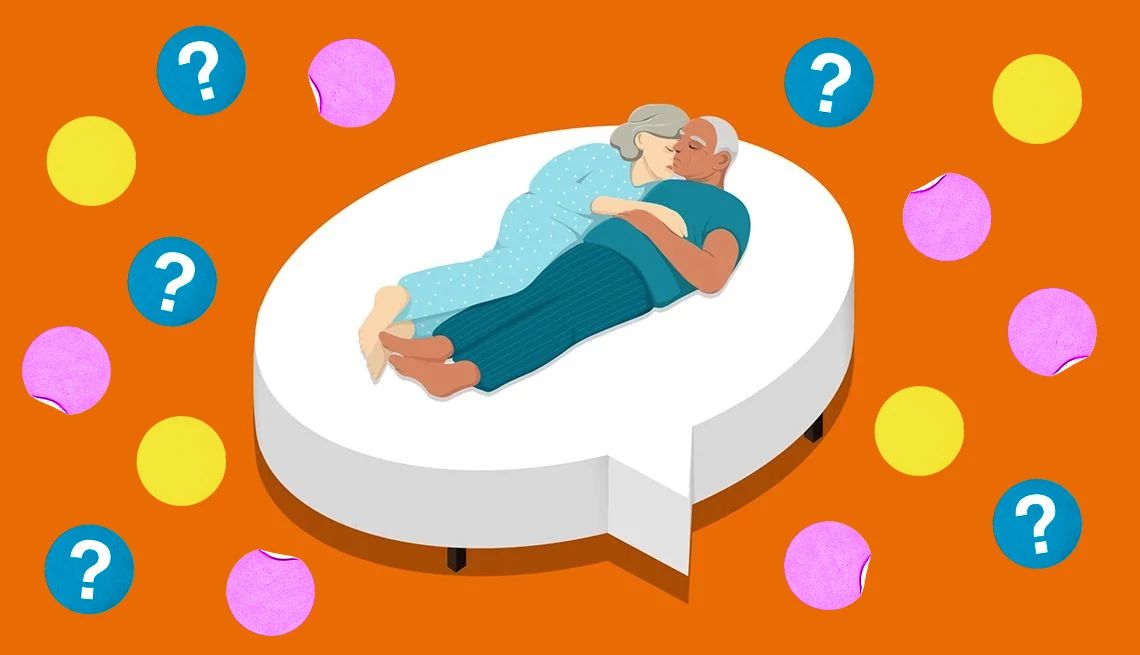AARP Hearing Center


AARP’s In the Mood columns cover a wide range of topics about love, relationships and sexuality among older adults. Test your knowledge of men’s sexual health with this quiz.































































You Might Also Like